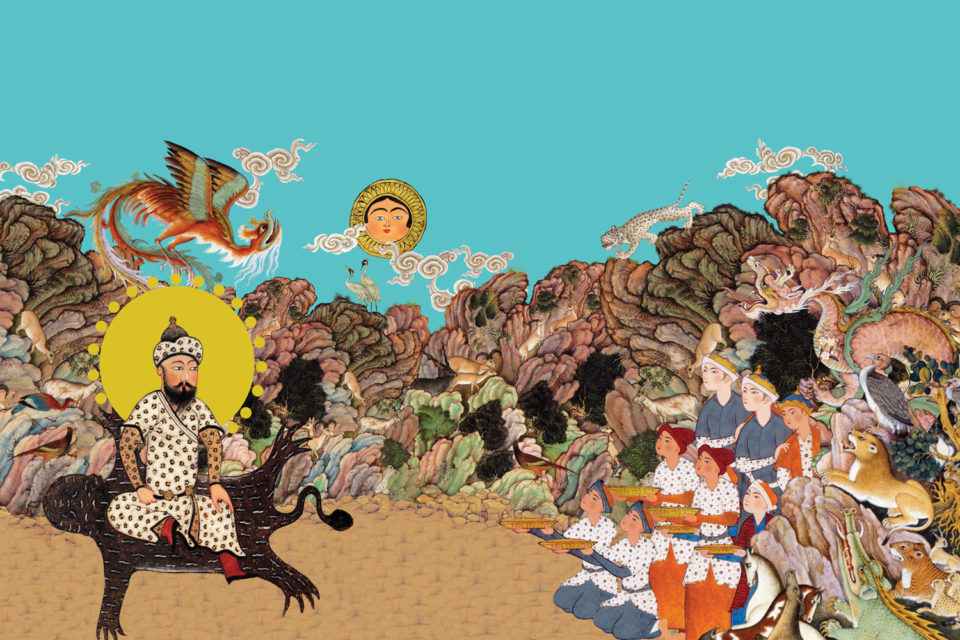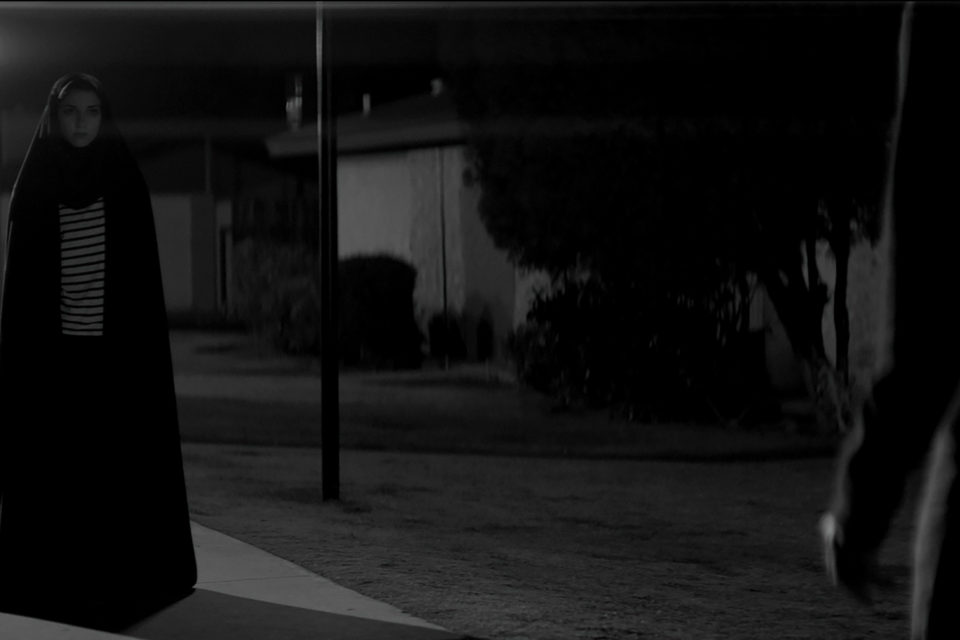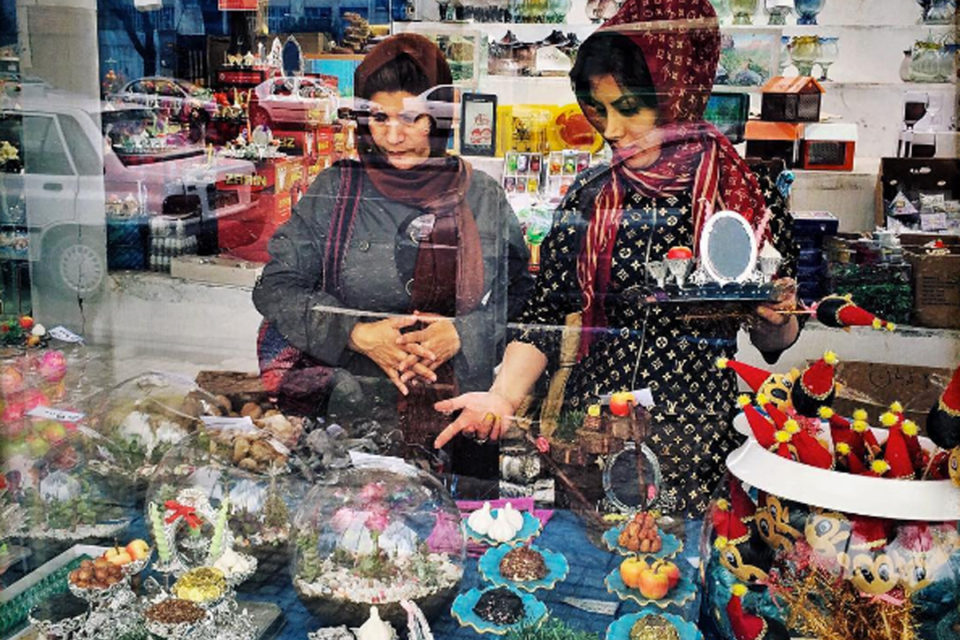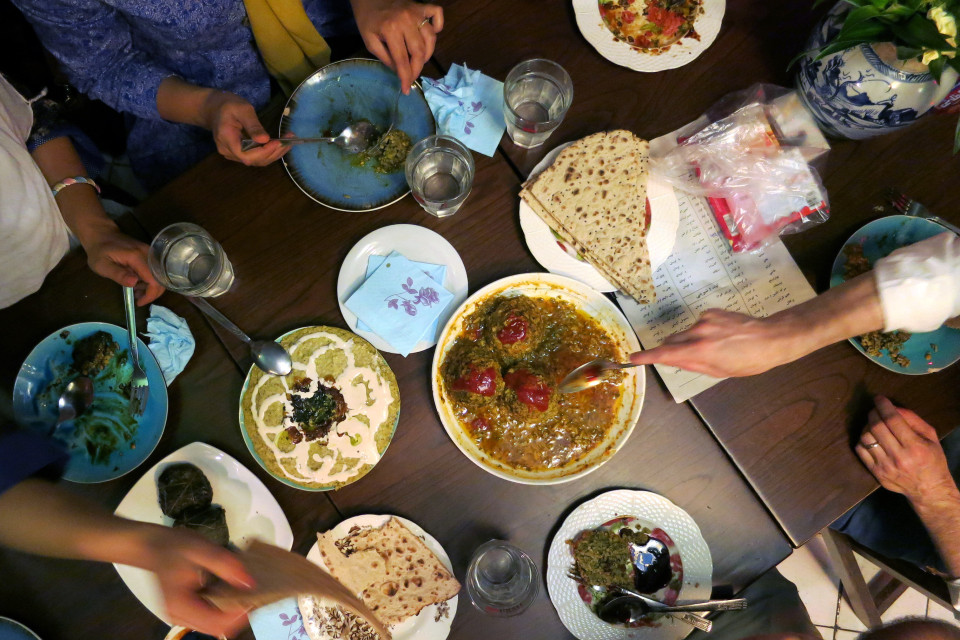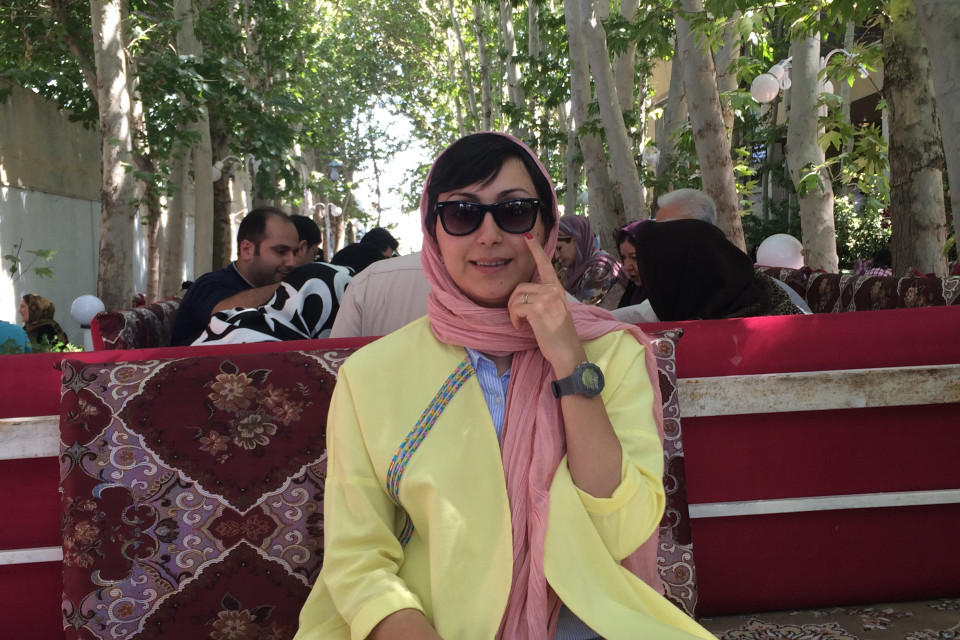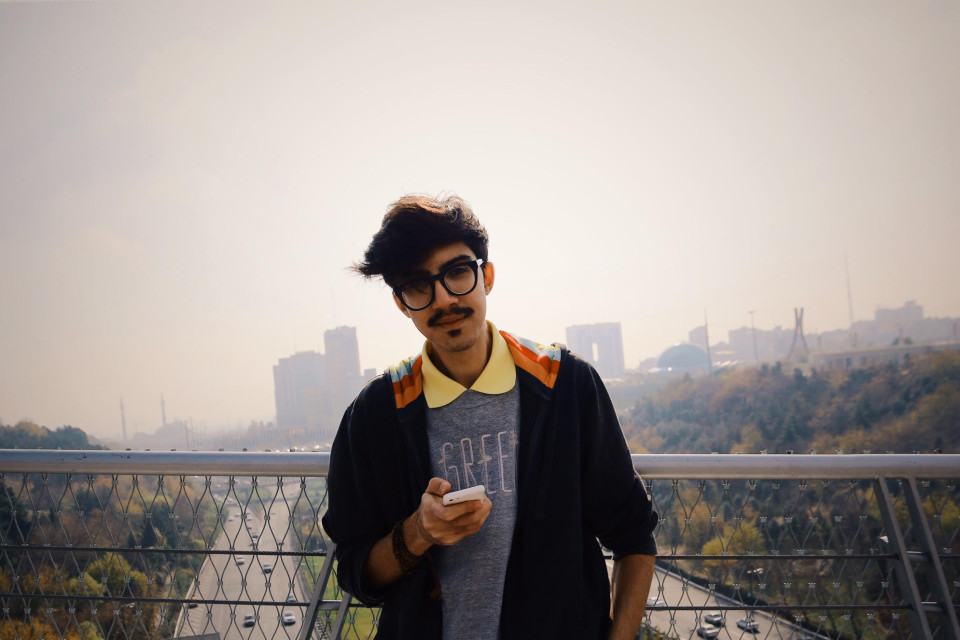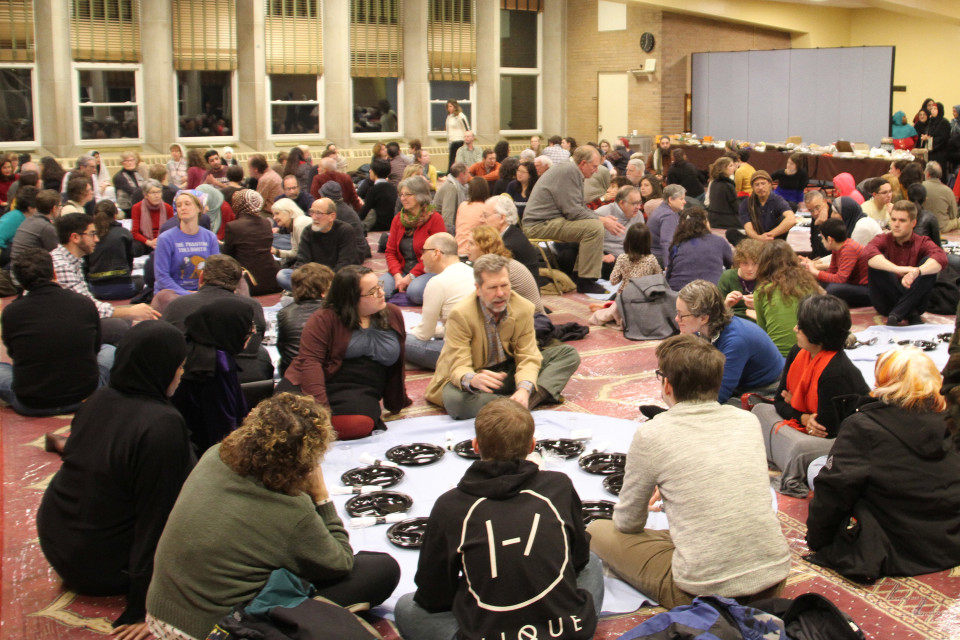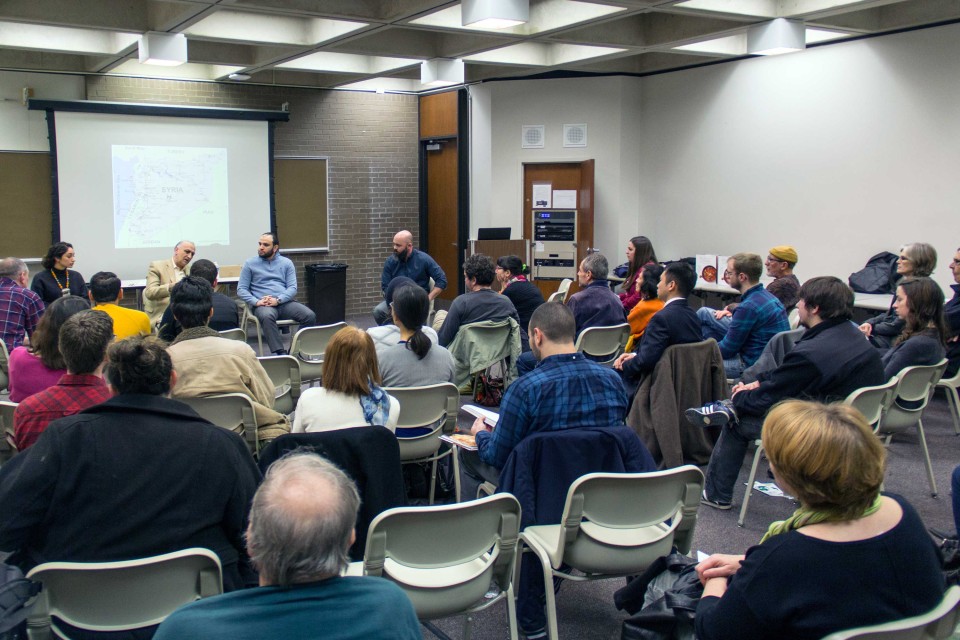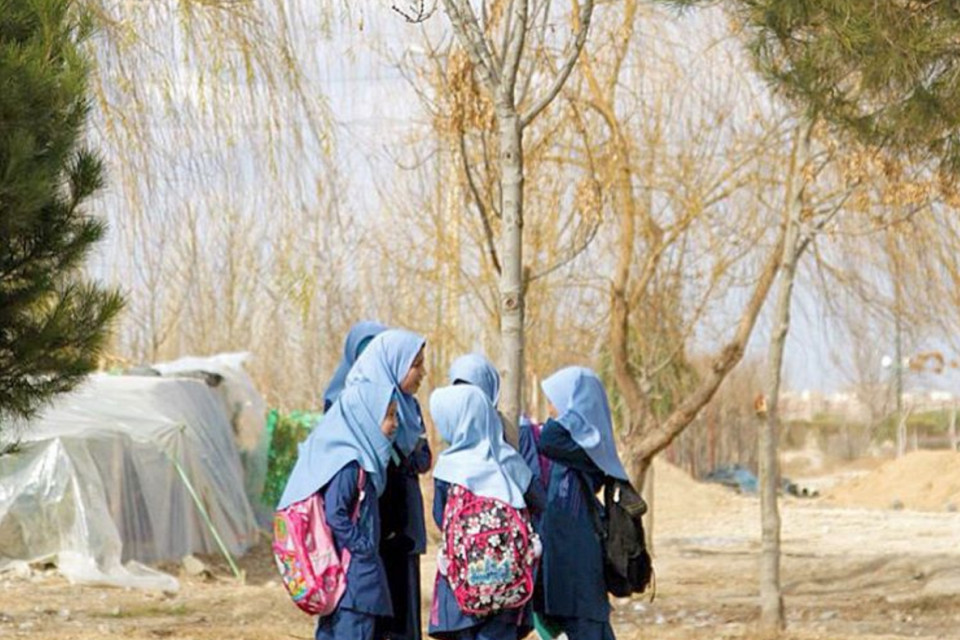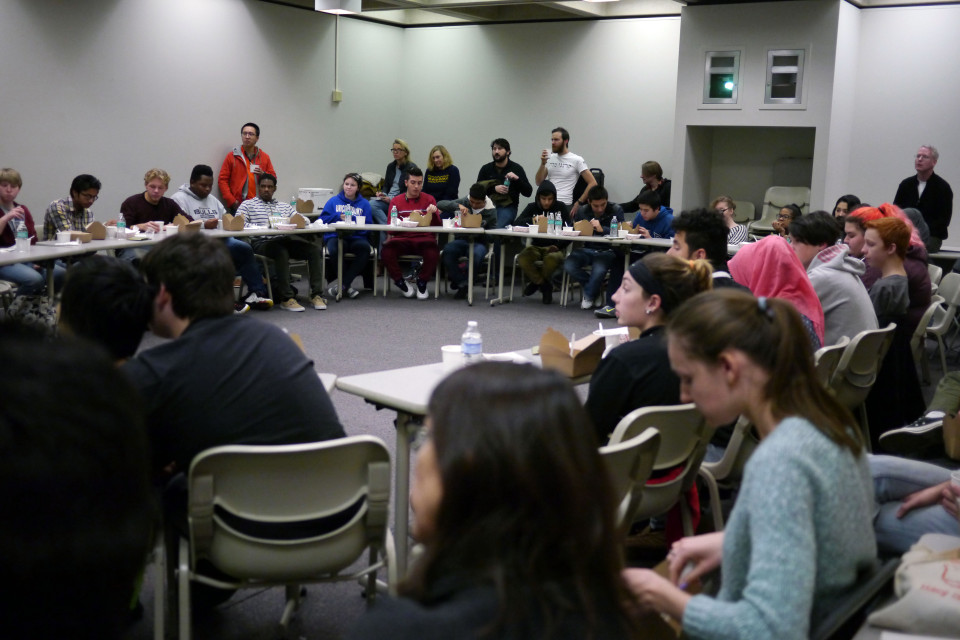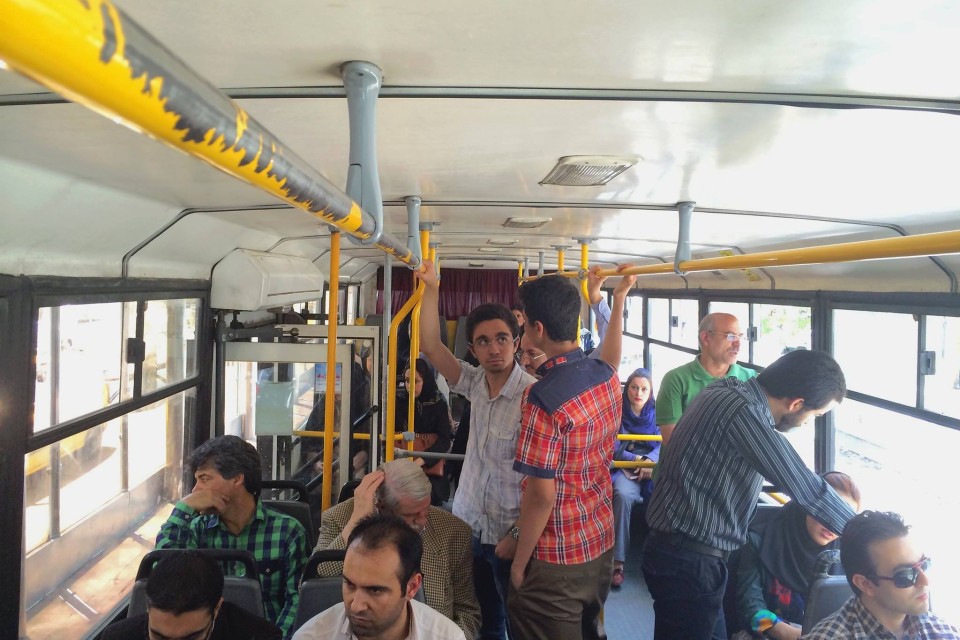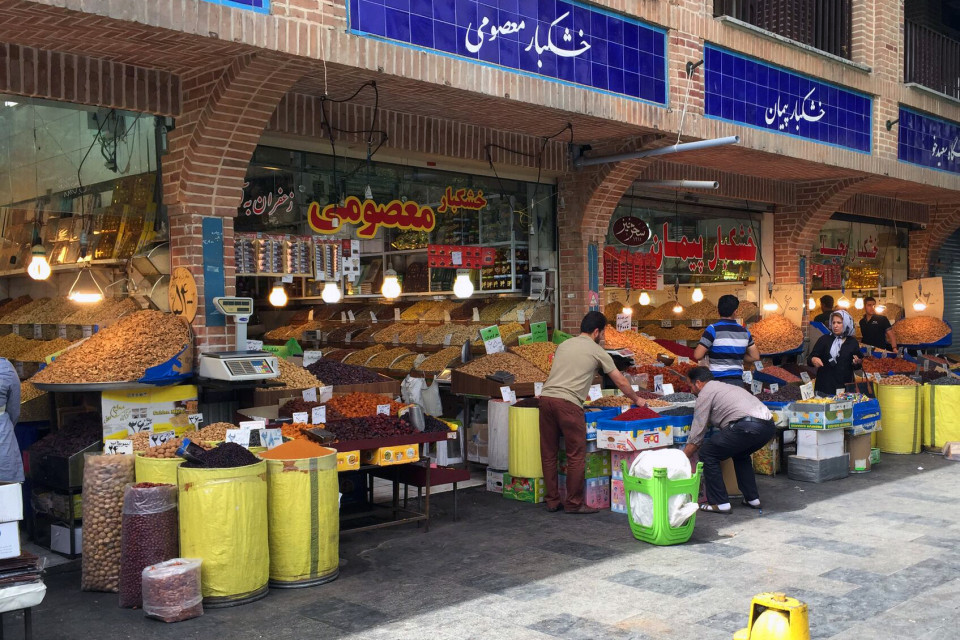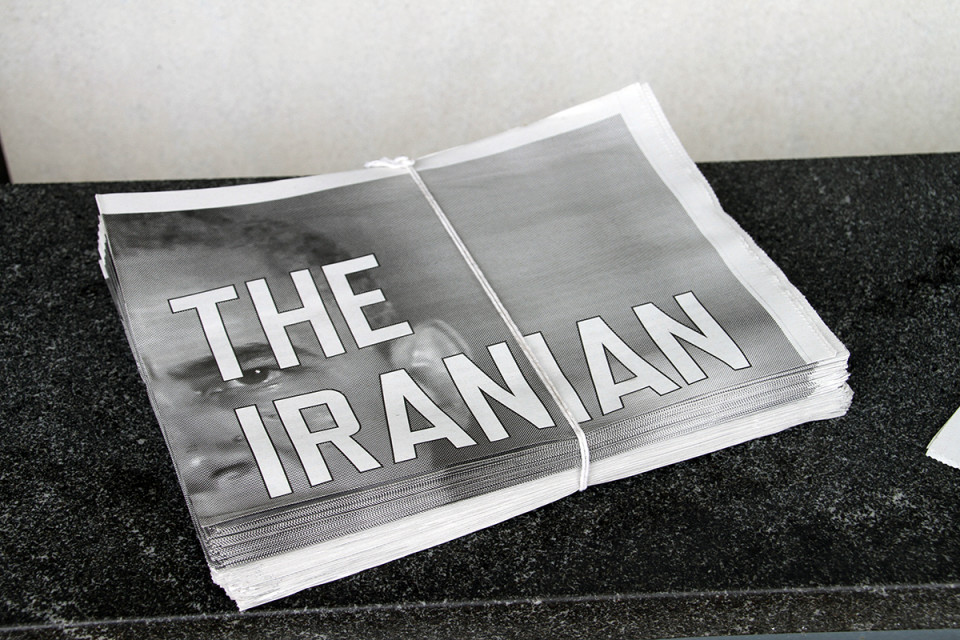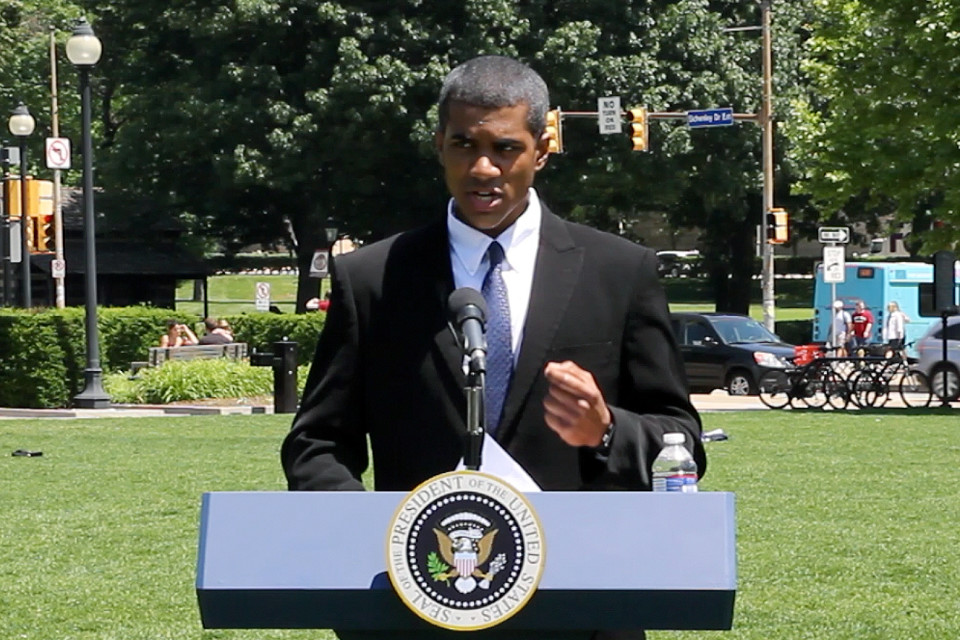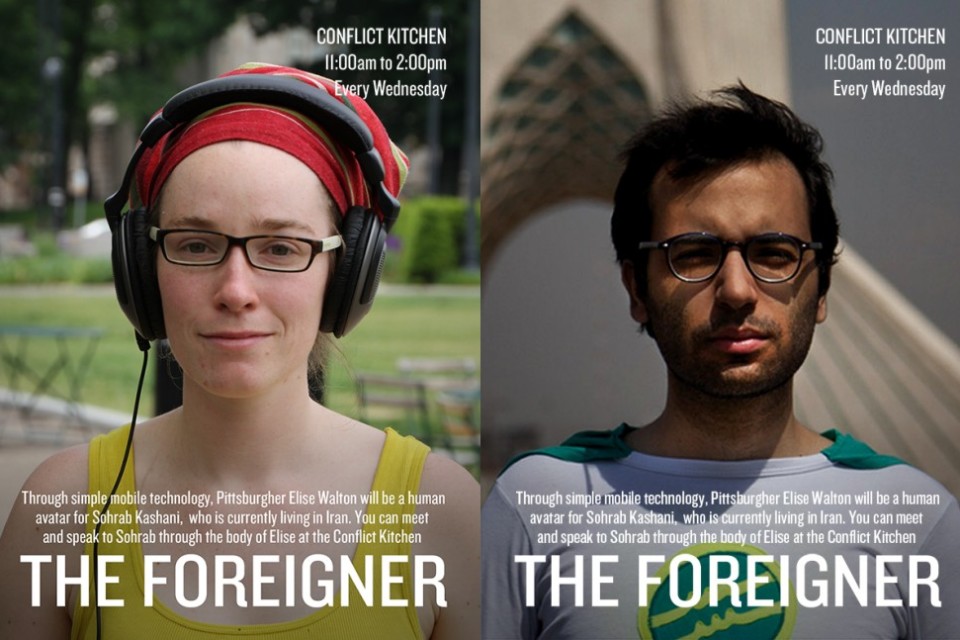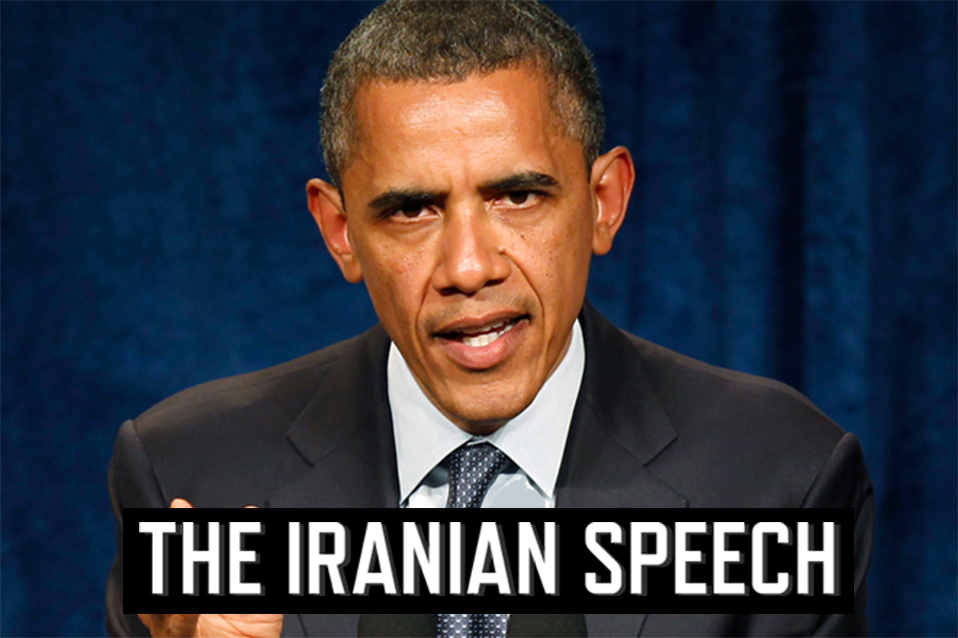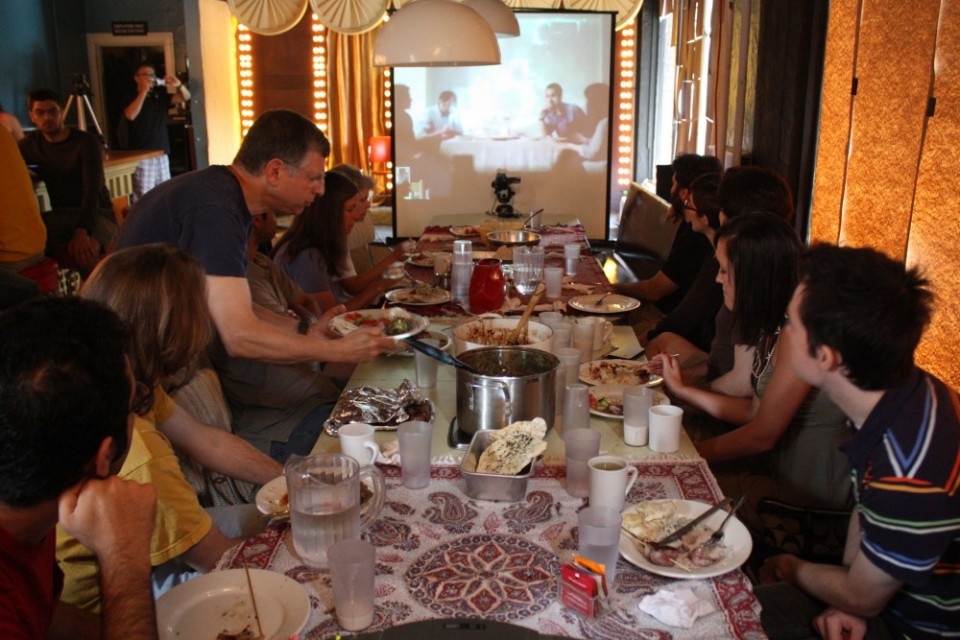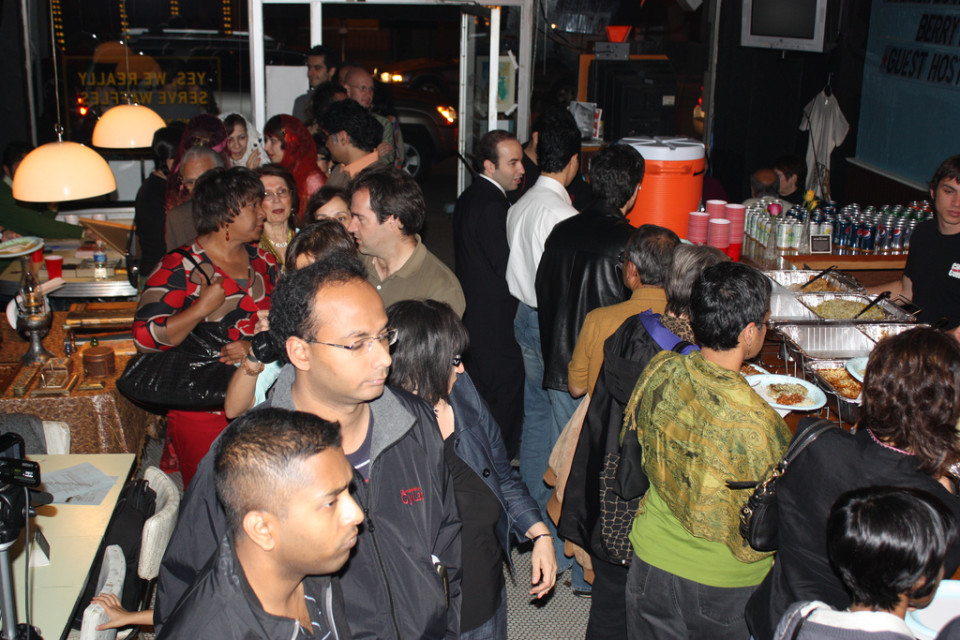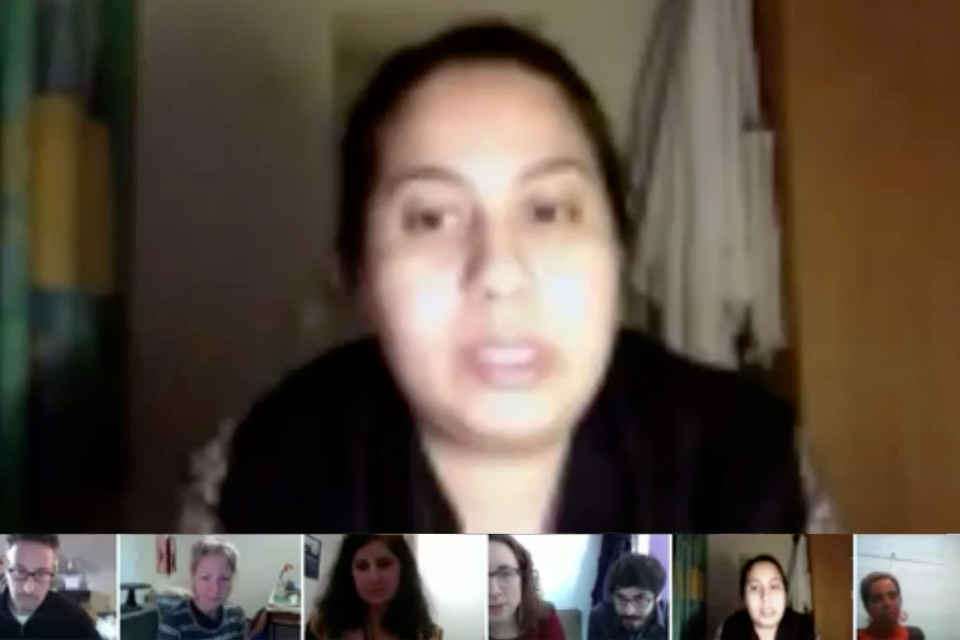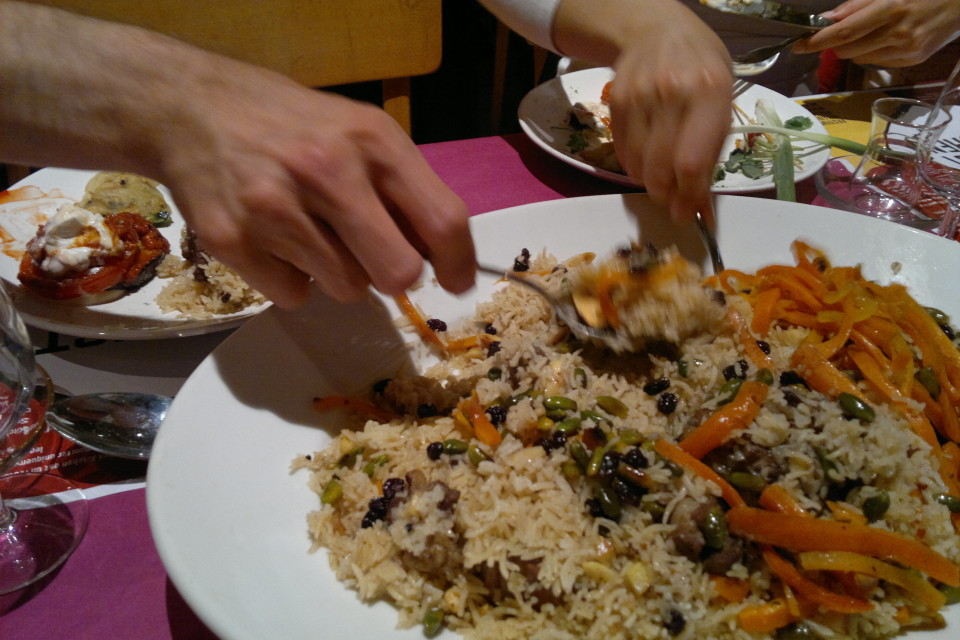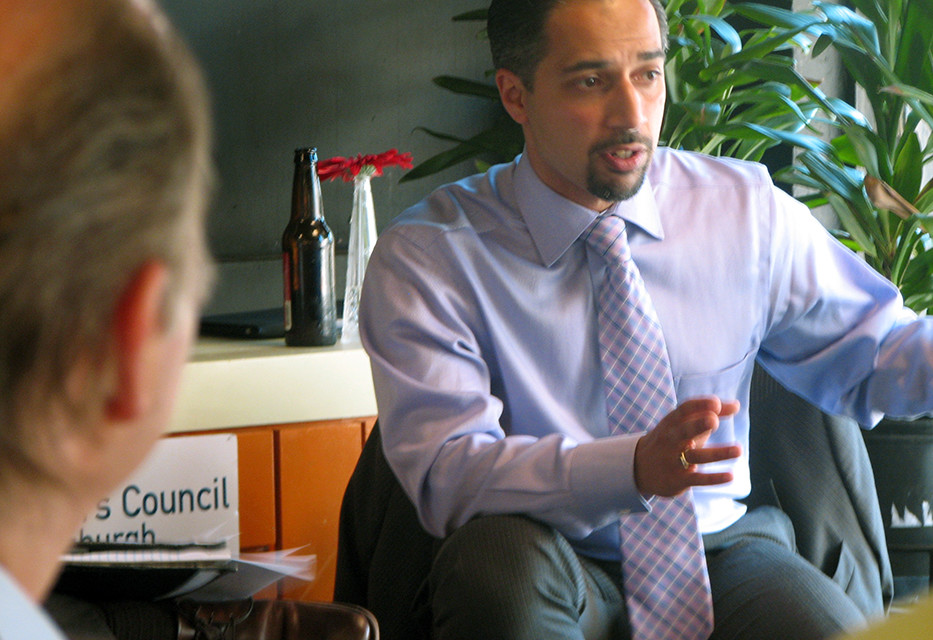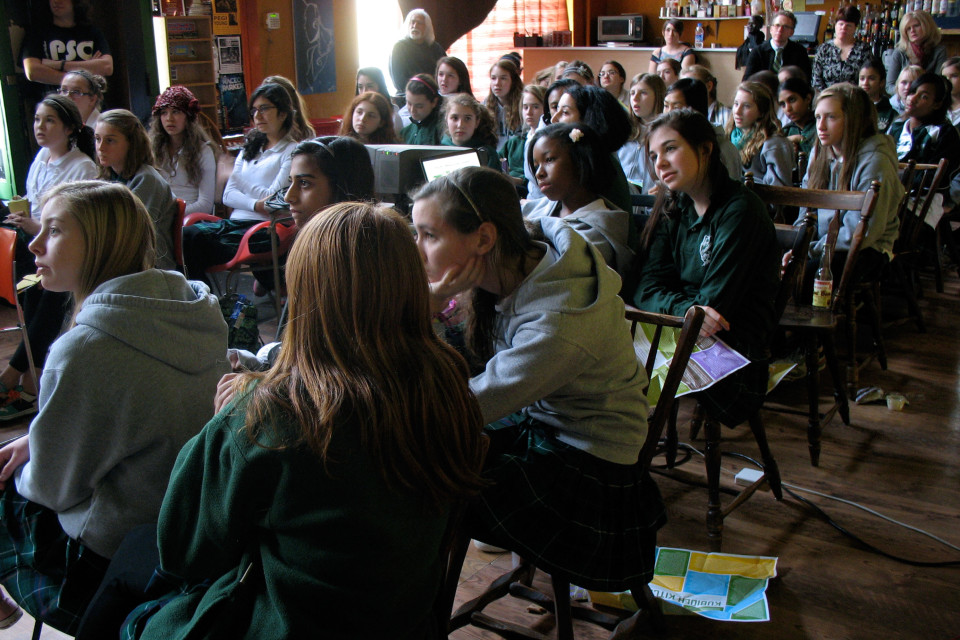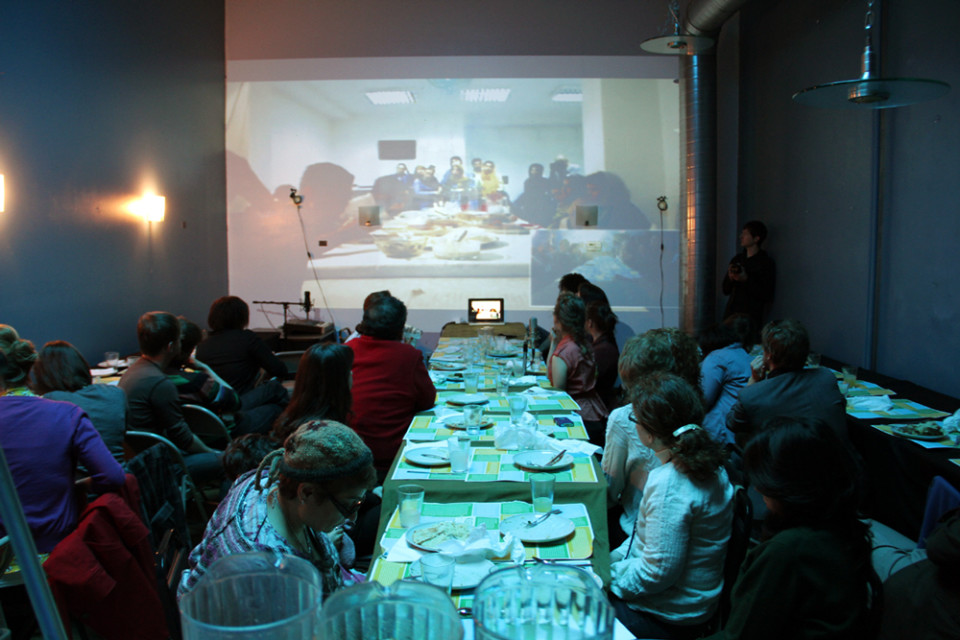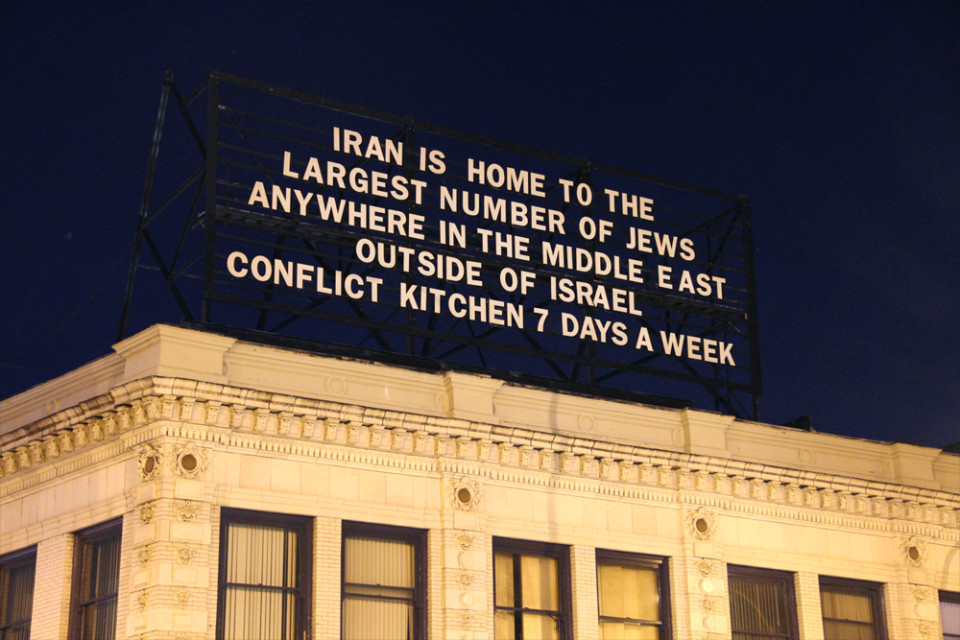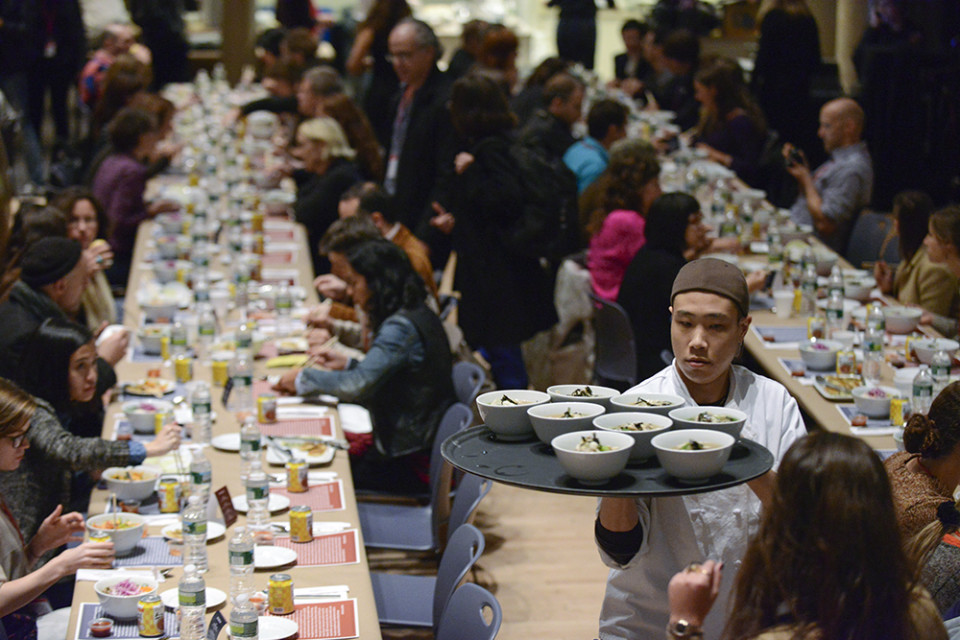“It was ridiculous for people to think that you could overthrow the Syrian regime and assume that there would be democracy afterwards! There is so much chaos there. You know, democracy is not the top priority for everyone – only for certain intellectuals and the west. Issues of security and basic living standards must come first.”
“Iran’s relationship with Syria is complicated. At first, I was not okay with the Iranian government supporting Bashar Assad; however, now that ISIS has come into the picture, I think it’s better to create a deal between Assad and any non-extremist opposition.”
“I’m not surprised to see cooperation between the Syrian and Iranian governments. Bashar al-Assad is playing every card in his hand to stay in power and, in some ways, Iran’s government has been doing the same thing for the last twenty years. Obviously, the U.S. is not happy with Iran’s support of Syria, but, let’s be honest, U.S. involvement in Middle East regime changes has never produced good results.”
“ISIS, al-Qaeda and al-Nusra, the craziest, most extreme terrorist groups fighting in Syria, have all been founded in and funded by Saudi Arabia. In my opinion, it’s an extremely poor decision for the U.S. to call a country like Saudi Arabia an ally.”

